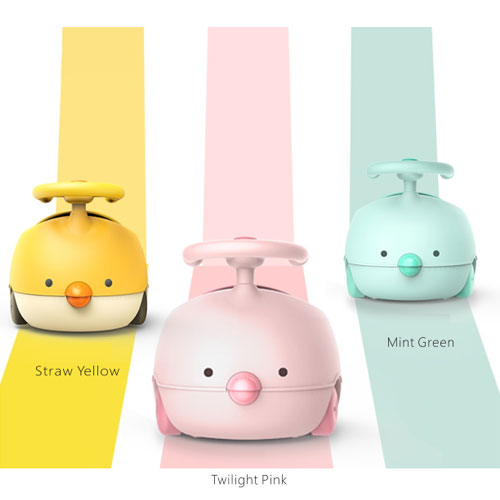Guidelines for potty training your baby
2023-11-03
Introducing your child to potty training is an important milestone in their development. Here are some tips and guidelines for potty training your baby:
1. Timing: It's essential to start potty training when your child shows signs of readiness. This usually occurs between 18 months and 3 years, but every child is different. Some common signs of readiness include showing interest in the potty, staying dry for longer periods, or expressing discomfort with dirty diapers.
2. Equipment: Invest in a child-sized potty chair or a potty seat that fits on top of a regular toilet. Let your child choose the potty or seat, if possible, to make them more comfortable with the idea.
3. Familiarization: Begin by introducing your child to the potty without any pressure. Let them sit on it fully clothed to become accustomed to it. You can also read potty training books or watch videos together to make it a fun and educational experience.
4. Consistency: Set a regular schedule for potty breaks, such as after meals or before bedtime. Encourage your child to use the potty at these times. Consistency is key to helping them understand the routine.
5. Praise and Positive Reinforcement: Whenever your child successfully uses the potty, offer praise and positive reinforcement, such as stickers, small rewards, or words of encouragement. This positive feedback can motivate your child to continue using the potty.
6. Patience: Be patient and understanding. Potty training can be frustrating for both parents and children. Avoid punishment for accidents, as this can create anxiety and hinder progress.
7. Use a Potty Training Doll: Some parents find it helpful to use a potty training doll or stuffed animal to demonstrate how to use the potty. This can make the process more relatable and less intimidating for your child.
8. Clothing: Dress your child in clothing that is easy to remove, such as pants with elastic waistbands. This will make it easier for them to independently use the potty when the urge strikes.
9. Toilet Training Books and Videos: There are many books and videos designed to make toilet training more enjoyable for children. Consider using these resources as a tool to help your child understand the process better.
10. Be Prepared for Accidents: Accidents will happen. Stay calm and reassure your child when they occur. Have cleaning supplies on hand to quickly clean up any messes.
11. Nighttime Training: Daytime and nighttime training can be separate processes. Some children take longer to stay dry at night. Consider using training pants or pull-ups until your child consistently wakes up dry.
12. Seek Professional Advice: If your child is having significant difficulties with potty training, or if you have concerns about their development, consult with your pediatrician or a child development specialist.
Remember that every child is different, and the key to successful potty training is to adapt to your child's unique needs and pace. It's a significant milestone in their development, and with patience, encouragement, and a positive attitude, most children will eventually become fully potty trained.



